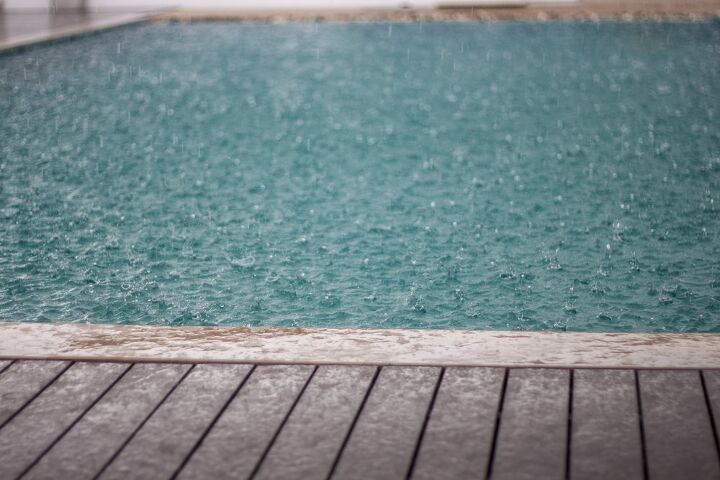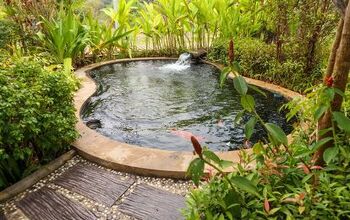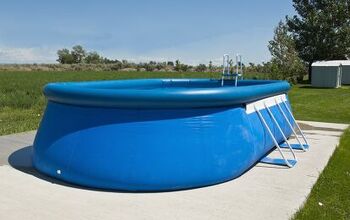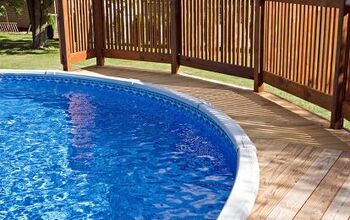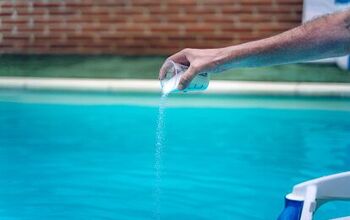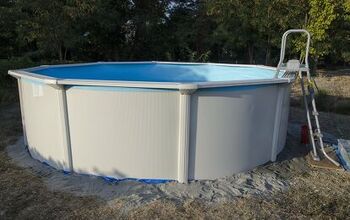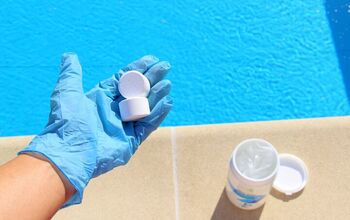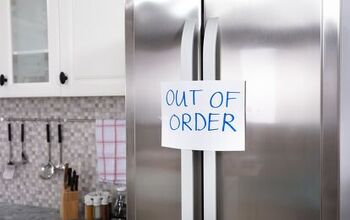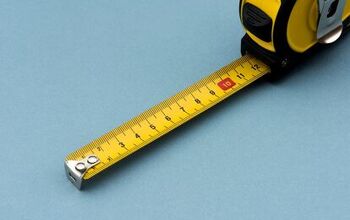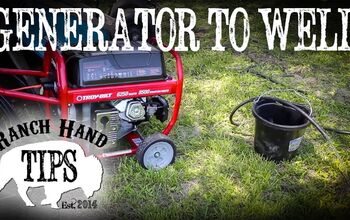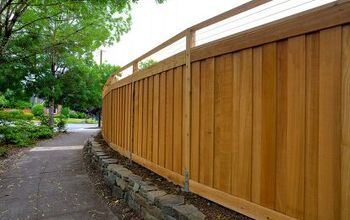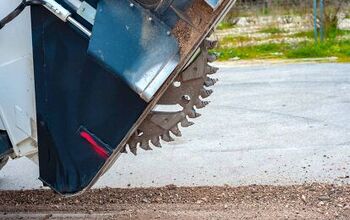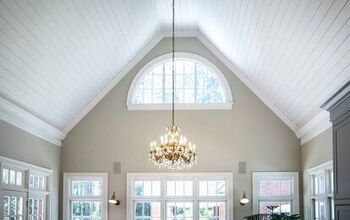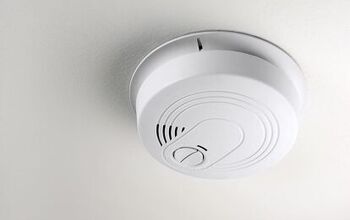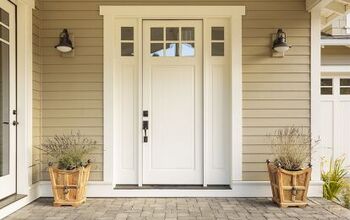Can You Put A Pool In A Flood Zone? (Find Out Now!)

You bought your house without a pool, but now you want to install one. Meanwhile, you live on a high water table. That means you have to be extra careful when you dig. So, can you put a pool in a flood zone or not? Let’s find out.
You can’t enclose pools in a flood zone with walls and roofs because it becomes an accessory structure. Most states limit the use of accessory structures below Base Flood Elevation (BFE), according to the NFIP. Check your local laws for more details.
Do You a Need Pool, Spa, or Hot Tub Contractor?
Get free, zero-commitment quotes from pro contractors near you.

Can Flooding Damage a Pool?
Be careful because building a pool in a flood zone can wreck your filter. High water tables can overwork your filtration system with contaminants as well. And over time, you might have to replace the pool filter or pay for electrical repair work.
Flooding can also damage your pool lining. Plus, standing water can compromise the underlayment. So, if you install a swimming hole on top of sand, gravel, or loose dirt, moisture could cause your pool to sink.
What Happens to a Pool When It Floods?
Floodwaters are nasty. They contain dirt particles, waste, debris, and other pollutants. And all of those things can contaminate your pool or damage the filter and lining. When dirty water mixes with clean water, there’s always a problem no matter how many chemicals you use.
Filthy water can stress your filtration system and cause it to burn out prematurely. Then fixing or replacing the equipment can be expensive. Moreover, floodwaters can leak between your pool’s liner and wall. And that can cause the materials to separate, further damaging your stuff.
Can You Build an Inground Pool in a Flood Zone?
It’s usually not a good idea to build an inground pool near a flood zone. High waters can seep into your underground oasis and overflow the basin. Besides, many states don’t allow homeowners to dig deep enough for in-ground pool installation anyway. The local water tables might be too high for anything but above-ground pools.
Check your local rules for specific details first. Then, try to build your pools in areas that aren’t prone to overflowing water. And remember that fiberglass pools can float when the water gets too high. So, consider the pros and cons before installation. Or think about using a temporary pool instead.
DID YOU KNOW: You can install different types of pools on your property without getting a permit.
What Happens If an Above Ground Pool Overflows from Rain?
Wondering what happens if your above-ground swimming pool gets bombarded with heavy rains? Here is what you can expect:
- Your pool will likely overflow with rainwater.
- You’ll probably find lots of debris on the surface.
- The filtration system might have to work overtime.
- The drains could become clogged with contaminants.
- You might have to drain and refill the basin after a flood.
- The increased water pressure could damage the pool’s structure.
If your pool filtration system has to work harder to clean the water, expect your electricity bill to reflect that. And if you installed your pool on uneven ground, get ready for more problems. Irregular pools are harder to maintain because the drainage system can’t work correctly. So, make sure the floodwaters didn’t knock your pool off of its foundation.
Is It Safe to Swim in a Pool After It Rains?
According to the Environmental Health Department (EPA), you shouldn’t swim in a pool for at least 72 hours after it rains. Research shows that rainwater carries several potential pollutants, including bacteria that could cause an infection. So, wait for no less than three days before jumping back in for a swim.
FACT: Pool contamination levels are the highest on the first day after it rains. But you can shock the water to get clean it faster.
Do You Have to Shock a Pool Every Time It Rains?
You don’t have to shock your pool water every time it rains. But it’s a good idea to shock pools after heavy rains or flooding. Doing so can help kill bacteria and cleanse contaminants from the downpour. And shocking also helps preserve the life of your filtration system because the filter doesn’t have to work as hard.
TIP: Shock your pool after the rain, and check the pH level. Also, don’t bother applying chemicals or checking levels until after the rain stops.
Swim Stress-Free
You should install a pool where it’s less susceptible to flooding. And try not to let it overflow. Also, protect the filtration system and maintain the water so dirt and debris can’t clog the drains. Then, ask a professional pool installer for help if you need it.
Do You a Need Pool, Spa, or Hot Tub Contractor?
Get free, zero-commitment quotes from pro contractors near you.

Related Questions
How Long Does Shocking a Pool Take?
Shocking a pool takes between 12 and 24 hours, depending on how dirty your water is. If you still see algae after 48 hours, use more abrasive pool cleaning supplies. Then, attempt another shock treatment after brushing the walls and combing the surface.
Is It Okay for a Pool to Overflow?
It’s not okay for your swimming pool to overflow. Not only does extra water dilute the chemicals in your water, but flooding can contaminate the surrounding. Excess moisture could also make the foundation unsteady. So, don’t install pools in or around a flood zone and consider placing above-ground pools on concrete.
Should I Run My Pool Pump When It Rains?
You probably shouldn’t turn off your pool pump unless there’s an electrical storm. Otherwise, the dirt and debris in your water could gather and increase. Then that could make your filtration system work harder to clean the contents.Meanwhile, lightning and power surges can break your electric pool pumps. So, be sure to turn them off if you’re worried about severe weather. And if the storm gets too bad, you can permanently shut off your power from the breaker.
Related Guides

Tiffany Nichols specializes in aesthetics, design, marketing, and manufacturing. She's a copywriter and editor for several home renovation companies in the U.S. and works alongside some of the biggest names in the industry. Her hobbies include architecture, art, mental health, and fashion.
More by Tiffany Nichols



